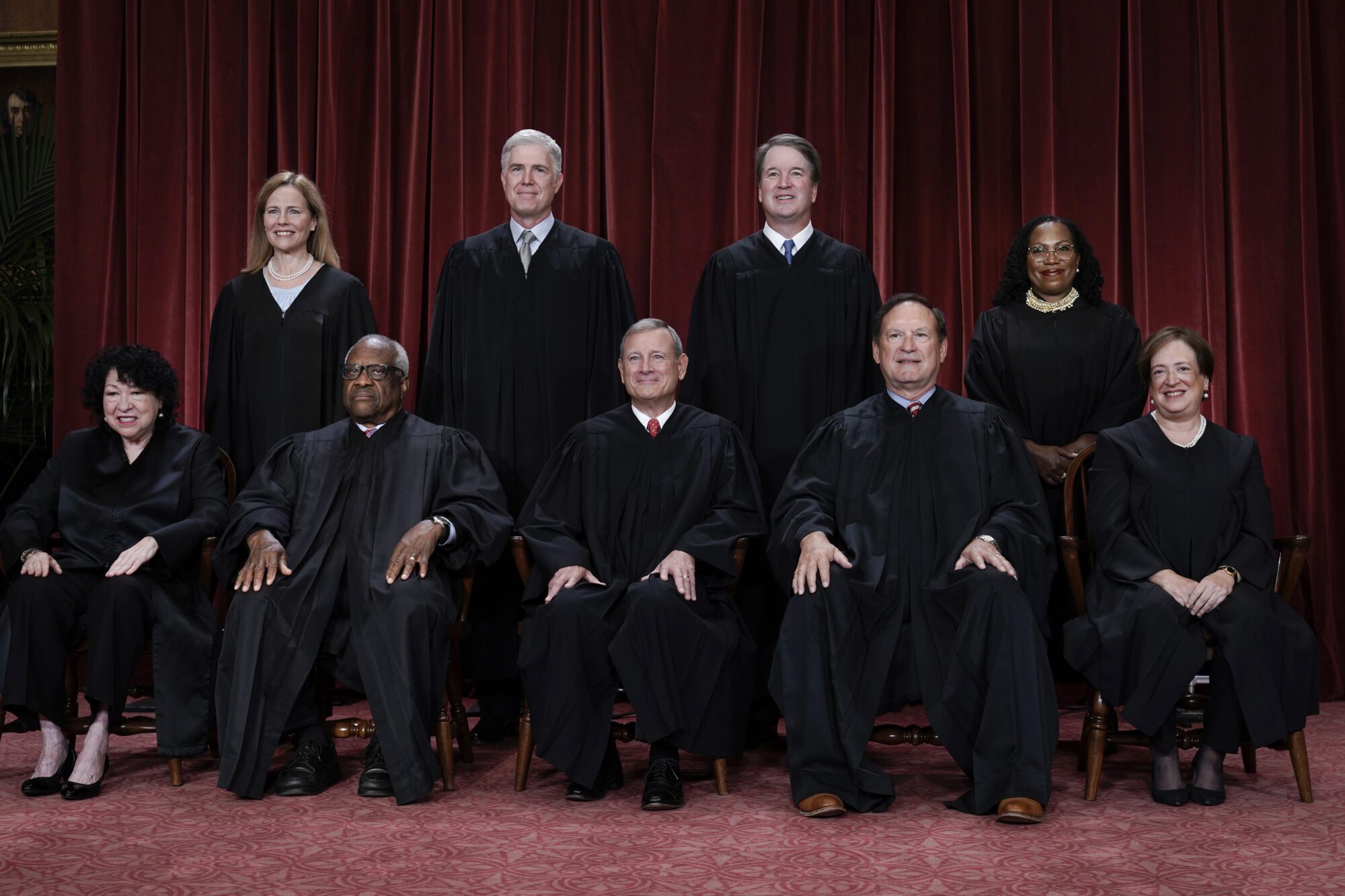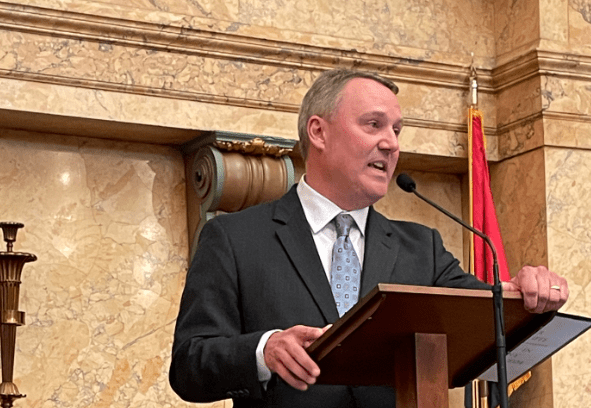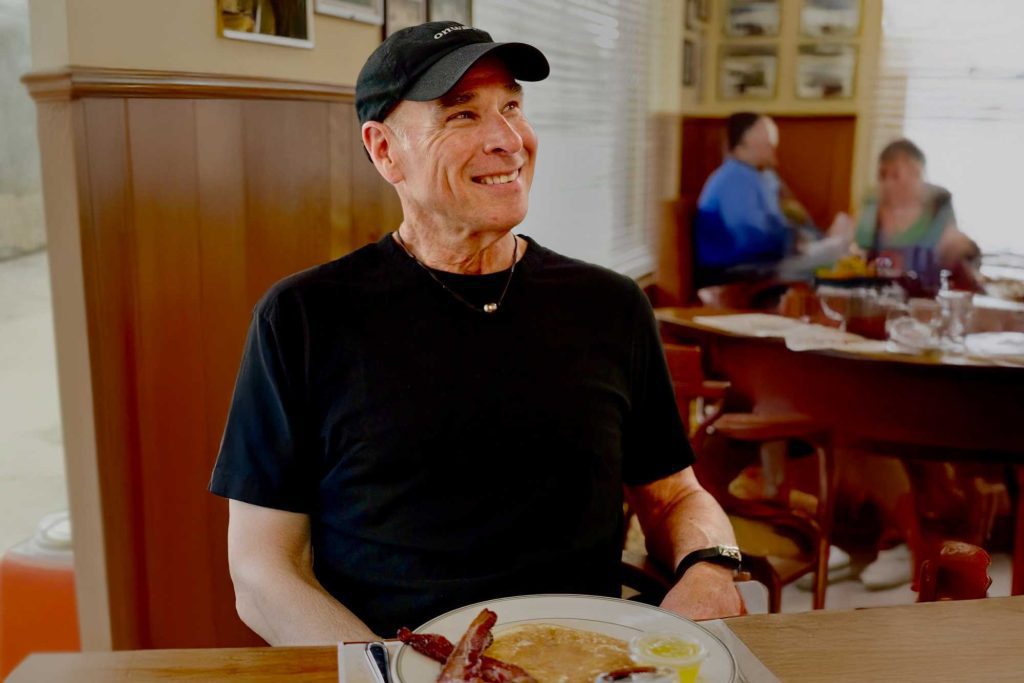Glenn Beck worked the crowd like a preacher at a rally this month in Louisville, Ky., declaring that God had responded to conservatives’ prayers by sending a slate of tea party candidates to wrest control of the Republican Party from Mitch McConnell.
But there was a more earthly benefit to the arrangement that brought Beck to the rally. It was organized by the tea party nonprofit group FreedomWorks, which had endorsed the candidates — and which has paid more than $6 million in recent years to have Beck promote the group, its initiatives and events.
The FreedomWorks-Beck relationship is just one example of a powerful and profitable alliance between the conservative movement’s most aggressive groups and the most popular radio hosts. The details of the arrangements are little-known, but they have been lucrative for the recipients, and, in turn, have helped ensure that the groups get coveted airtime from hosts with a demonstrated ability to leverage their tens of millions of listeners to shape American politics. It’s an alliance that helped spawn the anti-establishment tea party and power Republicans to landslide victories in the 2010 midterms. It’s also exacerbated congressional gridlock by pushing a hard line on the budget, immigration and Obamacare, and it is roiling the Republican Party headed into critical midterm elections.
A POLITICO review of filings with the Internal Revenue Service and Federal Election Commission, as well as interviews and reviews of radio shows, found that conservative groups spent nearly $22 million to broker and pay for involved advertising relationships known as sponsorships with a handful of influential talkers including Beck, Sean Hannity, Laura Ingraham, Mark Levin and Rush Limbaugh between the first talk radio deals in 2008 and the end of 2012. Since then, the sponsorship deals have grown more lucrative and tea party-oriented, with legacy groups like The Heritage Foundation ending their sponsorships and groups like the Tea Party Patriots placing big ad buys.
The power of the tea party-talk radio nexus will be tested headed into the pivotal 2014 midterm elections. It has already played a key role in boosting tea party heroes like Matt Bevin and Chris McDaniel — both of whom attended FreedomWorks’ Louisville rally and have made multiple appearances on Beck’s shows — in their increasingly bitter long-shot primary challenges to powerful incumbents Mitch McConnell of Kentucky and Thad Cochran of Mississippi, respectively.
The hosts’ stances on candidates and issues usually align naturally with those of the groups. While their positioning occasionally seems to evolve with their sponsors, there is no evidence of hosts revising their views for paid advertising.
Critics, though, say the deals mislead grass-roots conservative activists, while undermining the credibility of the hosts and the groups.
“People like Beck and Hannity and Rush are nothing without the people who faithfully hang on their every word — I consider that a constituency trust that should be respected,” said former House Majority Leader Dick Armey. He was ousted from FreedomWorks in a bitter feud, but had been chairman when the group signed its contracts with Beck and Limbaugh. “For them to basically sell their influence and say whatever the contract asks of them, it compromises the integrity of the pundit-guru, as it were, and it’s an undignified expenditure on the part of the outfit that’s mining the attention.”
Politico
4/17/14







